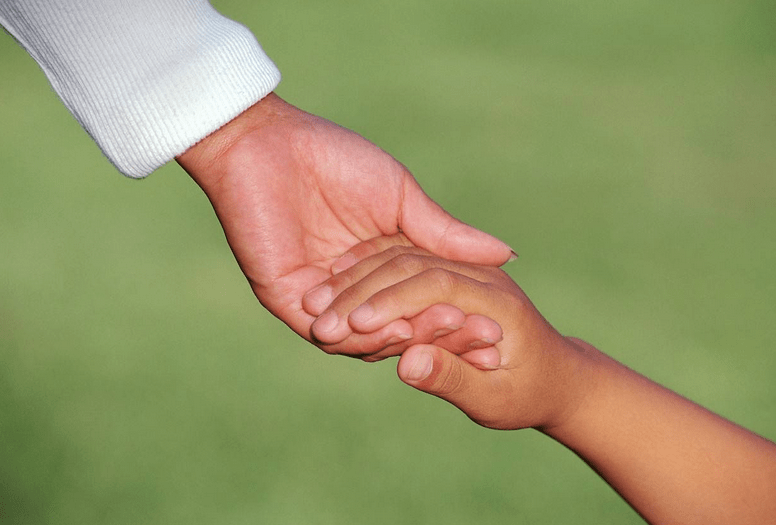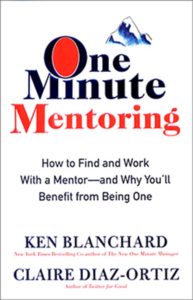I’ve been talking about mentoring of late, and today is no different.
Want to catch up? Read these recent posts on mentoring:
After the post I wrote about why you should consider paying for mentors, I got a great comment from a reader named Megan. She said:
I had to reply when I saw your subject line because I work for a revolutionary mentoring organization called Friends of the Children that *pays* full time, professional mentors to provide support for highly at-risk kids for 12.5 years from kindergarten through high school graduation. Our model is highly successful at breaking generational cycles of poverty, school failure, early parenting, and incarceration for some of the very same reasons you outlined!
I was interested in what Megan said, and wanted more. Thankfully, she was kind enough to expand on the three reasons Friends of the Children takes the radical step of paying for mentors.
Why We Pay for Mentors (A True Story)
This is a guest post by Megan Lewis. Megan is the director of development and marketing for Friends of the Children’s founding chapter in Portland, Oregon. She has an MBA in marketing and nonprofit management from the Kellogg School of Management (Northwestern University) and has spent almost 20 years working to generate support for innovative, effective nonprofit organizations.
The organization I work for pays for mentors. And I’m here to tell you why.
It’s Hard to Get Good, Free Mentors
Research has shown that a mentoring relationship that lasts less than one year is actually more detrimental to a child than if they never had the mentor at all. The kids we serve have already faced multiple traumas and abandonments in their lives, so we need to ensure that our mentors have a long term commitment. Our average tenure is 7.5 years, and we have many staff who have been with us our entire 19-year history.
Quality Mentorship is Better than Free Mentorship.
We select kindergarteners through a systematic six-week process that identifies the children who have the most risk factors in their lives. Because our kids face so many struggles, their mentors need to have the training, resources, and support to help them set and work toward achievable goals.
Good Mentors Have Good Connections.
Our mentors have educational backgrounds in social work, therapy, and education, and they are connected with multiple community resources to help youth in difficult times. Our youth and their families face domestic violence, chemical dependency, homelessness, and family involvement with the justice system. When our mentors need help navigating these situations, they can turn to their supervisor and their team – a cohort of mentors who meet weekly to support each other and share learning gained from past experience.
An annual third-party evaluation proves that our program works!
- 97% of our youth are not involved in the juvenile justice system despite 60% having a parent who has been incarcerated.
- 85% have completed high school, while 54% have a parent who did not graduate.
- 98% of adolescents avoid early parenting despite 60% having been born to a teen mother.
What do you think? Would this organization be able to achieve such great results if the mentors were taking part on a volunteer basis? Are there times when you think it would make sense to pay for a mentor?




